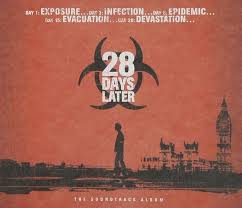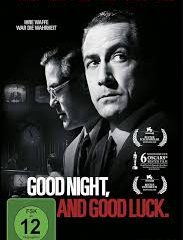The Impact of 28 Days Later on the Horror Genre

Introduction
Released in 2002, 28 Days Later is a groundbreaking film that revitalized the horror genre and introduced audiences to a new type of terror. Directed by Danny Boyle, the movie’s unique take on the zombie apocalypse narrative has made it an enduring classic. Its relevance today continues to inspire filmmakers and engage viewers, making it a significant topic in modern cinema discussions.
The Premise
28 Days Later follows the story of Jim, a bicycle courier who awakens from a coma to find London deserted in the wake of a virus outbreak that induces rage in its victims. The film expertly crafts a terrifying atmosphere through its depictions of societal collapse and the struggle for survival. It combines horror with visceral social commentary, challenging viewers to consider the fragility of humanity.
Innovative Techniques and Realism
One of the film’s defining characteristics is its use of digital cinematography, which was relatively innovative at the time. This approach contributed to the gritty, unsettling realism that permeates the film, immersing viewers in the desolation of a post-apocalyptic world. The choice to utilize empty scenes of London captured the eeriness of an abandoned city, enhancing the film’s impact. Additionally, the fast-moving ‘infected’ presented a departure from traditional slow-moving zombies, injecting a new level of urgency and fear.
Impact on Filmmaking and the Genre
Upon its release, 28 Days Later received critical acclaim and was both a commercial and cultural success. It not only reinvigorated interest in zombie films, leading to a resurgence in the genre, but it also paved the way for other successful films such as Shaun of the Dead and World War Z. Its influence can be observed in numerous post-apocalyptic narratives in film and television, shaping the direction of horror storytelling in the 21st century.
Conclusion
Over two decades later, the legacy of 28 Days Later continues to resonate within the horror film community. Its impact on cinematic techniques and genre conventions demonstrates its significance as a cultural touchstone. As the film industry evolves, 28 Days Later remains a critical reference point for filmmakers aiming to challenge and expand the boundaries of traditional horror.









